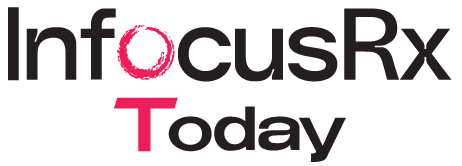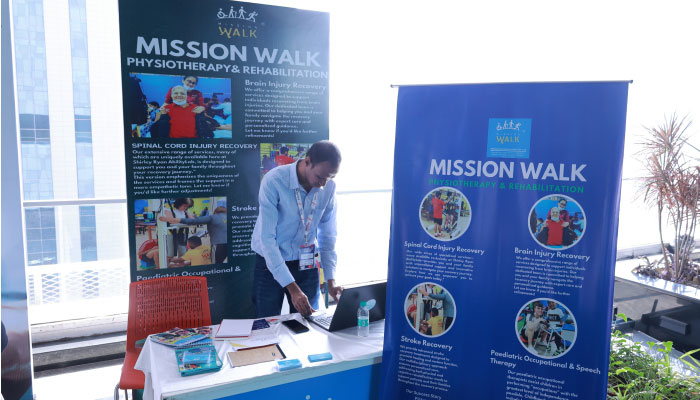Were you recently diagnosed with heart disease? Based on a heart murmur, did your physician suggest additional tests to confirm a disease called cardiomyopathy? If so, it is important to educate yourself on the warning signs and available treatment options to ensure proper self-care.
While some people with cardiomyopathy never experience, or have few, symptoms and do not require treatment, a small percentage has rapid progression and serious complications from the disease. Presence or absence of symptoms of cardiomyopathy depends on the severity of the condition and degree of affection of the heart muscles. There is a variation of symptoms in these patients as it depends on the type of cardiomyopathy and the severity of heart muscle involvement at presentation.
Disease of the heart muscle
Simply speaking, cardiomyopathy means “disease of the heart.” This sometimes serious condition affects people of all ages and occurs when the heart muscle does not function properly. Cardiomyopathy may have a genetic link or could be caused by high blood pressure, heart valve disease, arterial disease, or heart defects that have been present since birth.
Possible causes of cardiomyopathy include: viral infections, immunodeficiency diseases, nutritional deficiencies, obesity, exposure to toxins, such as drugs, alcohol, radiation, and complications during pregnancy.
Cardiomyopathy causes enlargement and thickening of the heart muscle, resulting in scar tissue. When the heart becomes dilated, the muscles of the chamber increase in size, resulting in a decreased ability to pump blood throughout the body and maintain a normal rhythm. This increases the risk of developing an irregular heartbeat, heart failure, problems with the heart valves, and complications from fluid build-up in the lungs, ankles, feet, and abdomen.
You may be affected by any of the following four types of cardiomyopathy. The most common form is dilated cardiomyopathy (DCM) in which the heart muscle tissue is enlarged and stretched. The weakened heart muscles are unable to function normally resulting in heart failure. The second most commonest types is the hypertrophic cardiomyopathy (HCM) in which there is excessive thickening of the heart muscle. Heart chambers become smaller and stiffer resulting in restricted blood flow to the heart. Restrictive cardiomyopathy is the rarest form in which the walls of the lower chambers of the heart called ventricles, are unusually stiff and lack the flexibility to expand as the ventricles fill with blood. This causes restriction of blood flow to the heart. Arrythmogenic right ventricular cardiomyopathy (ARVC) is a very rare type in which fatty tissue is seen to replace the heart muscle.
When to see a doctor
If you experience shortness of breath, dizziness, fainting, an irregular heartbeat, chest pain, a consistent cough, decreased alertness, swelling in the hands or feet, or loss of appetite, you should see a doctor to be screened for cardiomyopathy. It is also advisable to undergo regular checkups to screen for the condition if you have a family history of cardiomyopathy, heart failure, or sudden cardiac death. Coronary artery disease, previous heart attacks, infections that affect the heart, alcoholism, high blood pressure, and high blood sugar also increase the risk of cardiomyopathy.
Diagnosing cardiomyopathy
Cardiomyopathy can be diagnosed with a medical history, physical exam and various tests, such as a blood test, chest x-ray, EKG, stress test, nuclear heart scanning, MRI and/or PET scan of the heart. In severe cases, a cardiac catheterization, angiogram, or myocardial biopsy may be performed, if there is a need for surgical intervention. If no symptoms are present but there is a family history of heart disease, genetic testing may be ordered.
Line of management
If diagnosed with cardiomyopathy but no symptoms are present, you may not require treatment. However, if symptoms do exist, treatment will depend on their severity, complications, your age, and overall health.
You should maintain a healthy diet that includes a variety of fruits, vegetables, whole grains, lean meats, poultry, fish, beans, and fat-free or low-fat milk and milk products. Sodium, sugar, and alcohol should be kept to a minimum.
Physical activity is also important. You should work with your doctor to decide which exercises are best, based on your current condition. Not smoking, losing excess weight, getting enough sleep, and reducing stress can also help manage your condition. Your doctor may also prescribe medication to control your symptoms, treat the underlying cause, or prevent complications.
Surgery is considered only when lifestyle measures and medicines fail. If you are young, have severe symptoms of the disease, and do not respond to medical treatment, your doctor may perform open heart surgery to remove the thickened muscle or repair the heart valve to improve blood flow through the heart. In some patients, a pacemaker or implantable cardioverter defibrillator can be placed under the skin of the chest to restore a normal heartbeat. In the most severe cases, heart transplant may be the last option available.
Summary
Cardiomyopathy is a disease that causes weakness of the heart. Its effects cannot be completely reversed, but it can be controlled by diet, exercise, medication, and, in rare instances, with a pacemaker, defibrillator or other surgery. Your physician’s treatment plan will aim to control your symptoms, stop the progression of the disease, and reduce the chances of complications of sudden cardiac death. Most people with cardiomyopathy can lead a relatively normal life.



